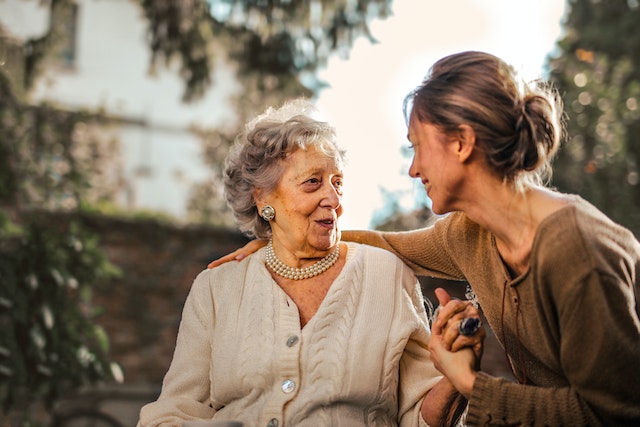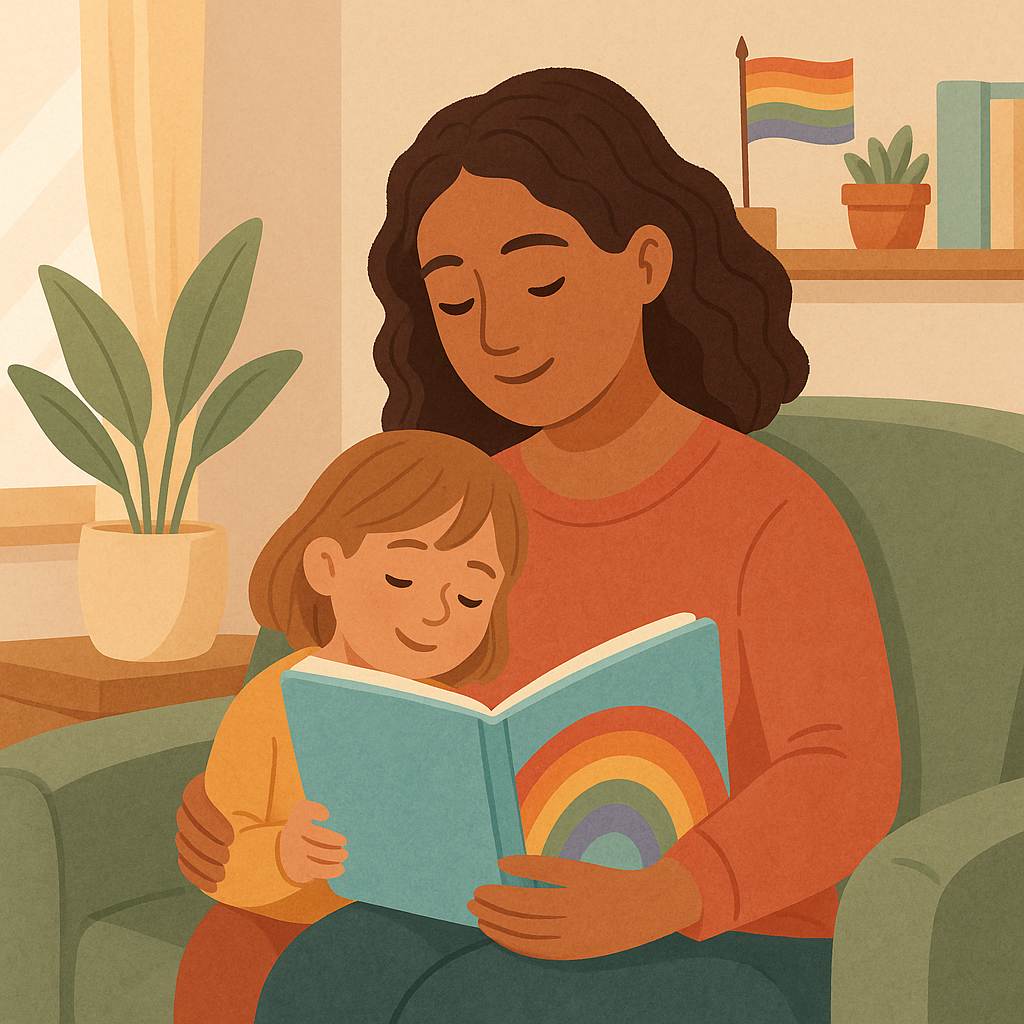Moving your elderly parents to a care home is never an easy decision to make, so it’s all too likely that you’re going to be doing everything in your power to ensure they’re perfectly happy and healthy during every step of the way. Thankfully, figuring out how you can protect your elderly parents when they move into a care home doesn’t have to be as difficult as you might expect.
In fact, this guide contains some of the best steps that you can follow to make sure your parents stay content and cared for in their new home. So, what are you waiting for? Read on to discover more!
Stay In Touch With Them
In todays modern age, there are so many ways that you can stay in touch with your parents while they live in a care home. You can purchase a mobile phone for them, which they can use to call or text you whenever they want or need to. There are even specially designed phones made for elderly people, fearing a larger screen and bigger buttons, with super easy operations.
They’ll be able to call you in one click if you can help them set their new phone up. Alternatively, you can buy them a tablet which they can use to video call you or send you photos and videos. This will allow you to actually see your elderly parents as well as watching what they get up to. Again, you can find tablets which are designed specifically for the elderly that are simple to operate and ideal for visual impairments.
Keeping in touch with them will provide them with ample opportunity to tell you if something is wrong, and you can take the time to ask them about whether they feel safe and happy on a regular basis. You’ll also be able to spot a change in their behavior or appearance, even if you haven’t had time to visit them in person.
Looks For Signs Of Abuse
It’s important that you can look for signs of abuse when you visit or call your elderly parents, as unfortunately having to contact a nursing home abuse lawyer is a possibility that is more likely than you would initially expect. Just one poor quality care can have a severe impact on the mental and physical health of your elderly parents, so you need to spot the signs before anything serious takes place.
Things like greasy hair and dirty fingernails suggest that your parents’ hygiene needs are being ignored. Bed sores means your parents aren’t being moved. Weight loss suggests that they aren’t eating enough. All of these signs should ring alarm bells in your mind, and you should always follow up on any suspicions that you may have. Don’t let your elderly parents suffer – be their voice and make sure that they get the care they need to thrive in later life.
Protecting your elderly parents when they move into a care home can be much more achievable with these effective recommendations.


